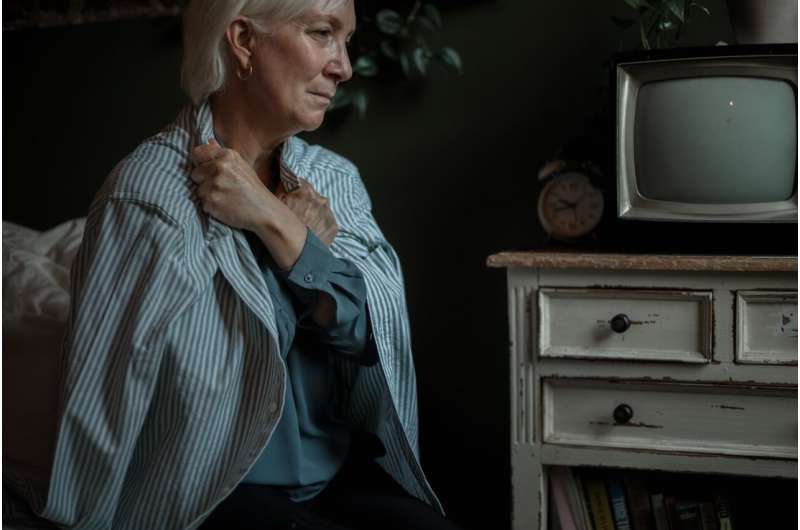NRG Trial Suggests Improved Quality of Life with Twice-Daily Radiation in Limited-Stage Small Cell Lung Cancer

A recent study suggests that twice-daily radiation may improve quality of life for patients with limited-stage small cell lung cancer, despite no observed survival benefit from adding immunotherapy. Learn about key findings from the NRG-LU005 trial.
Recent analysis from the NRG-LU005 study explores the impact of different radiation schedules on patients with limited-stage small cell lung cancer (LS-SCLC). Although the primary goal of the trial, which included adding the immunotherapy drug atezolizumab to standard chemoradiation, did not demonstrate a survival advantage, the study revealed important insights into quality of life (QOL) outcomes.
The trial enrolled 544 evaluable patients who received either twice-daily (BID) or once-daily (QD) thoracic radiation alongside chemoradiation, with some participants also receiving immunotherapy. While overall survival (OS) was not improved with the addition of atezolizumab, a secondary analysis indicated a tendency toward longer median OS with the BID radiation schedule, despite the non-randomized design between radiation regimens.
Crucially, the patient-reported outcomes (PRO) analysis demonstrated that those undergoing twice-daily radiation experienced a less clinically meaningful decline in quality of life over time compared to once-daily radiation. The study employed validated instruments such as FACT-TOI, EQ-5D-5L, and PROMIS-Fatigue, with high compliance rates exceeding 85% at baseline and maintaining over 60% up to 21 months post-treatment.
Findings showed that FACT-TOI scores declined during treatment but improved or stabilized afterwards. Patients on the BID radiation schedule were less likely to experience a significant decline in quality of life, with only 25% facing CMD at 21 months, compared to 38% on QD. Although the study was not randomized for radiation schedule, the multivariable analysis supported better QOL outcomes with BID therapy.
Dr. Benjamin Movsas, lead author and QOL chair for the study, noted that these results suggest that twice-daily radiation may offer quality-of-life advantages from the patient perspective, emphasizing its potential benefit despite some limitations in the study design.
This research was presented at the American Society for Radiation Oncology (ASTRO) 2025 Annual Meeting in San Francisco and highlights the importance of considering patient-centered outcomes alongside survival when evaluating cancer treatments.
For more information, see the full report at source.
Stay Updated with Mia's Feed
Get the latest health & wellness insights delivered straight to your inbox.
Related Articles
Novel Mechanism Linking Mitochondrial Dysfunction to Obesity-Related Insulin Resistance
Scientists have discovered a specific mitochondrial dysfunction in the liver that plays a key role in obesity-related insulin resistance and type 2 diabetes, opening new avenues for targeted therapies.
Innovative Harm-Reduction Vending Machines Provide Free Access to Naloxone, Pregnancy Tests, and Hygiene Supplies
Innovative harm-reduction vending machines in Pennsylvania provide free access to naloxone, pregnancy tests, hygiene supplies, and health resources, supporting vulnerable populations and reducing overdose deaths.
Largest Genetic Study Reveals 13 New DNA Regions Associated with Dyslexia
A comprehensive genetic study has identified 13 new DNA regions associated with dyslexia, shedding light on its biological basis and potential for early detection.
Understanding Why Patients with Mitochondrial Disease Are More Prone to Infections
New research uncovers how damaged mitochondria trigger immune overreactions, making patients with mitochondrial diseases more susceptible to severe infections and tissue damage.



